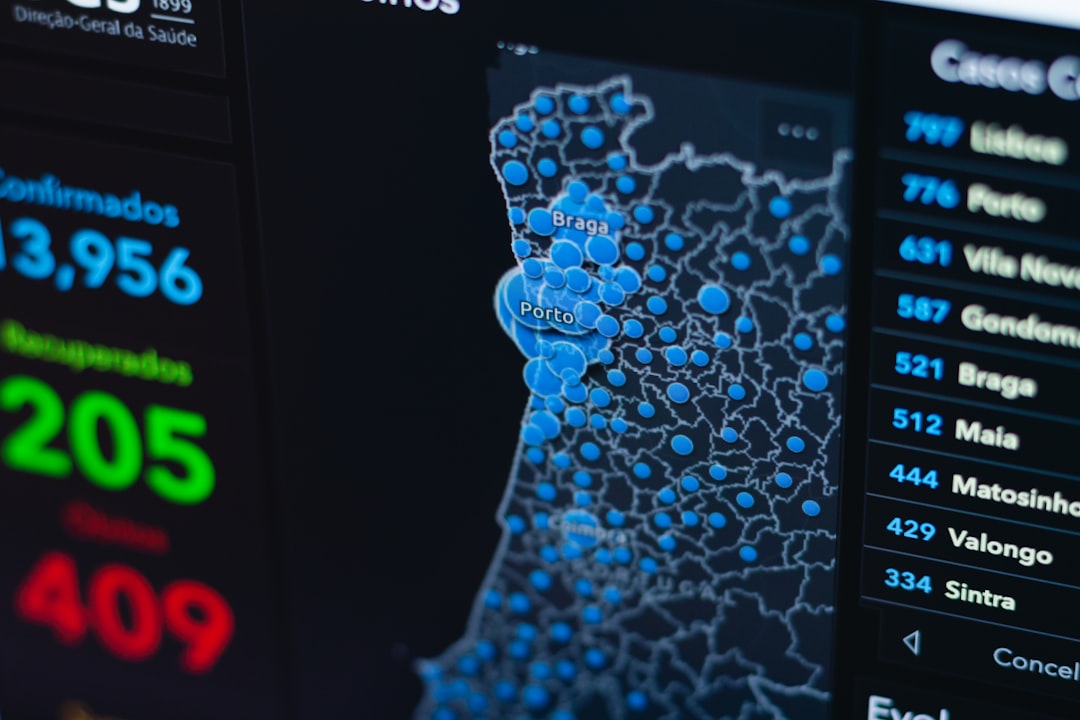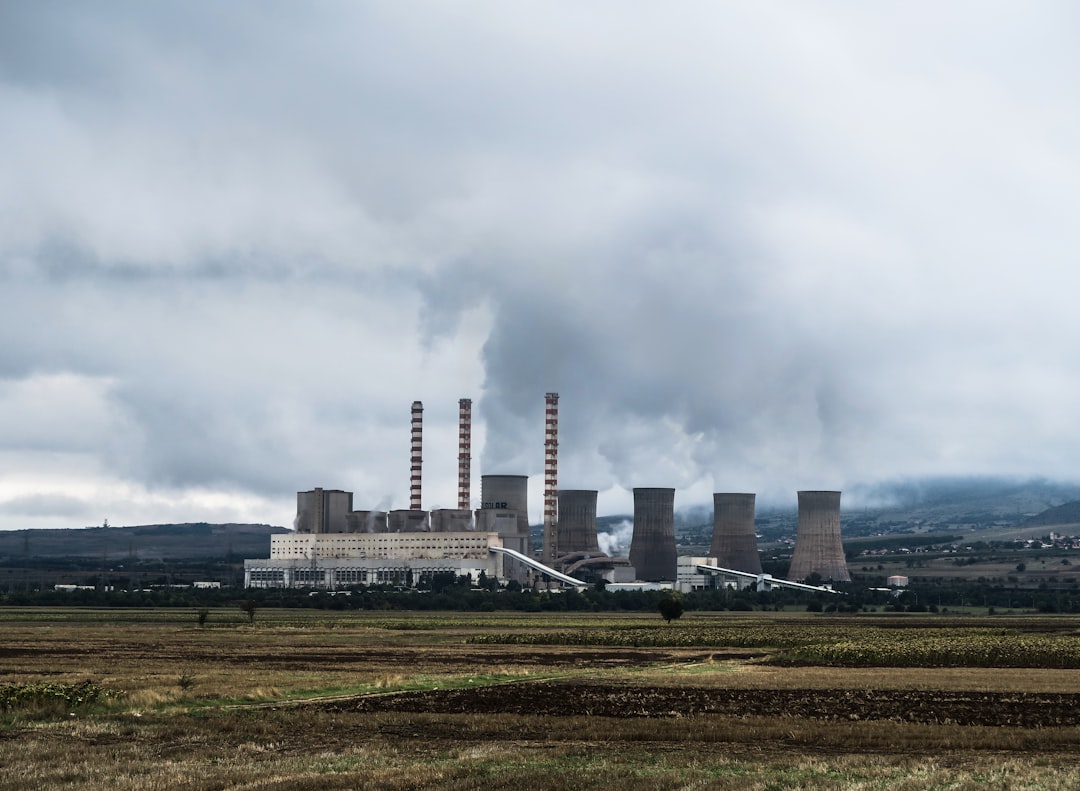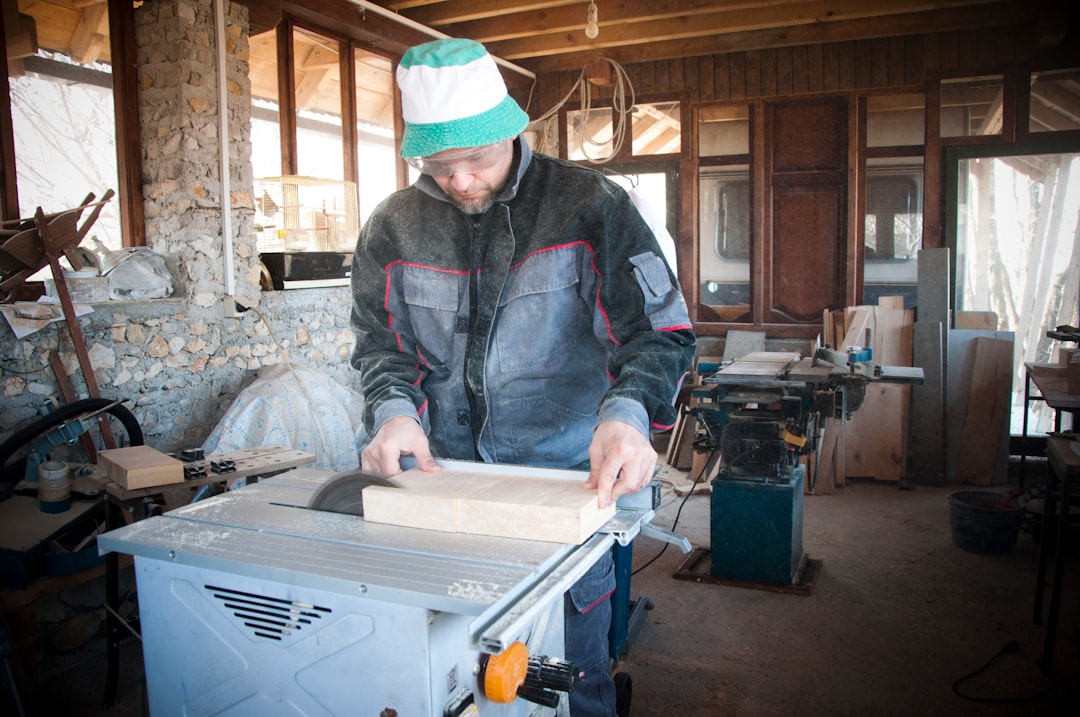What is it about?
When we think about a "game" we usually think about whether we win or lose in that game. But in life we accumulate wins and losses over time. In this paper we ask the question: if players are arranged on a grid and play rock-paper-scissors with their neighbors what happens when accumulated winnings are used to influence future strategy choice? In our model, communities of "rocks" "papers" and "scissors" form and how those communities evolve is strongly influenced by the relative reward for winning vs. losing and the tendency of players to randomly switch strategies.
Featured Image

Photo by Jonathan Petersson on Unsplash
Why is it important?
Traditional Darwinian evolution asserts that natural selection is driven by competition and mutation repeated over deep time, producing species mutually adapted to their environments and each other. Evolutionary game theory represents this process via (e.g.) the replicator or replicator-mutator equation, considering instantaneous reward from interaction as the measure of fitness. This approach, however, neglects the ability of organisms to store energy thereby insulating themselves from negative interactions. That is, fitness is (in some sense) measured by overall historical success as well as instantaneous success. In this paper, we study a spatial evolutionary game mechanism that incorporates mutation via a Boltzmann distribution but is mediated by stored (gross) winnings, or wealth. We derive conditions where communities form with high probability and study the resulting community structures theoretically and empirically in one dimension.
Perspectives
I really enjoyed writing this paper with my colleagues because it brought together a lot of different perspectives on the problem. In particular, there is a nice mathematical analysis that is coupled with thorough experimentation and the paper links thermodynamics and game theory together in the model.
Christopher Griffin
Read the Original
This page is a summary of: Community formation in wealth-mediated thermodynamic strategy evolution, Chaos An Interdisciplinary Journal of Nonlinear Science, October 2022, American Institute of Physics,
DOI: 10.1063/5.0105969.
You can read the full text:
Contributors
The following have contributed to this page










